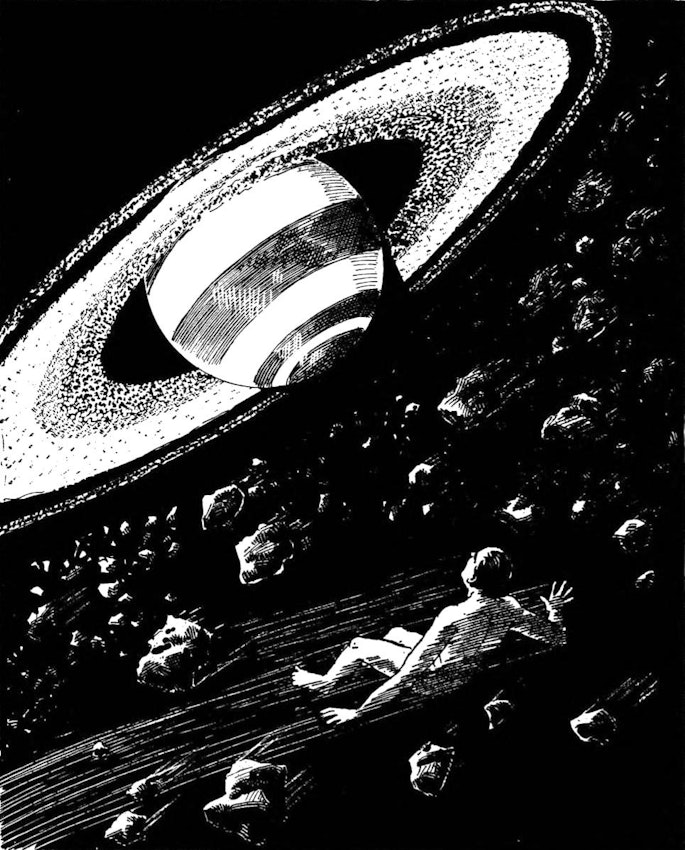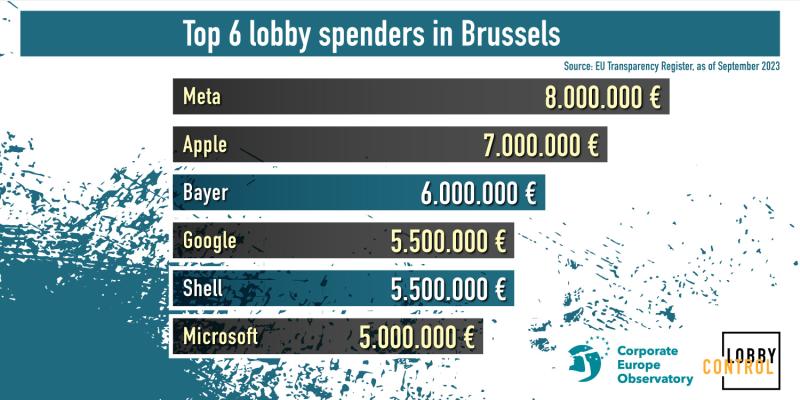There is no digital public space. It simply does not currently exist. Not in any real sense of the word.
Whenever I read that Twitter or Facebook want to be a public space resemble a public town square, that they are an expansion of public space, I wonder what that is even supposed to mean: Social media have nothing in common with public space.
All the relevant, sizable social media services are private, centralized platforms. They are, if anything Digital Private Space. They relate to digital public space and public discourse like a shopping mall relates to a public park or market square: One is highly controlled, subject to rules that one owner can change at a whim. The other is free and/or regulated by democratically elected representatives, i.e. by the community they serve. (At least, that’s the theory; alas there are many cases in which the people making the rules do not necessarily represent the users of the space, but that’s a larger societal debate than I can host here.)
If we take Twitter as an example, because it’s recent and current and a stark example, too: The world’s richest person bought the platform and has been remaking the rules without any type of checks or balances. A single, all powerful (if quite possibly incompetent) ruler. That’s the opposite of public space. I’m almost (almost! but not quite!) grateful to Musk for illustrating this point so shamelessly.
But what this also serves to remind us of is this: There simply is not digital public space today. As best as I can tell, there exists no meaningful publicly funded digital space for discourse, no social network that’s independent.
There are some decentralized networks, yes. Mastodon comes to mind. But it’s as niche as they get. I’m not even sure I’d want a publicly funded social network or anything in that vein. But today, a lot of our discourse has not expanded, exactly, but shifted online — and in doing so, shifted thoroughly onto infrastructure that’s controlled entirely by a tiny number of hugely influential companies or individuals. That’s a problem. It means we’ve essentially seen a privatization of public discourse.
Between behavioral tracking, algorithmic ads/recommenders/filters, and the centralization of power (means of production, anyone?), the potential and real structural problems are pretty obvious. You can’t run democracy on discourse infrastructure as fraught as this.
I don’t have a suggestion. But I do know that the more smart people start or keep working on this, the better. We certainly have a lot of room for improvement in this space.




